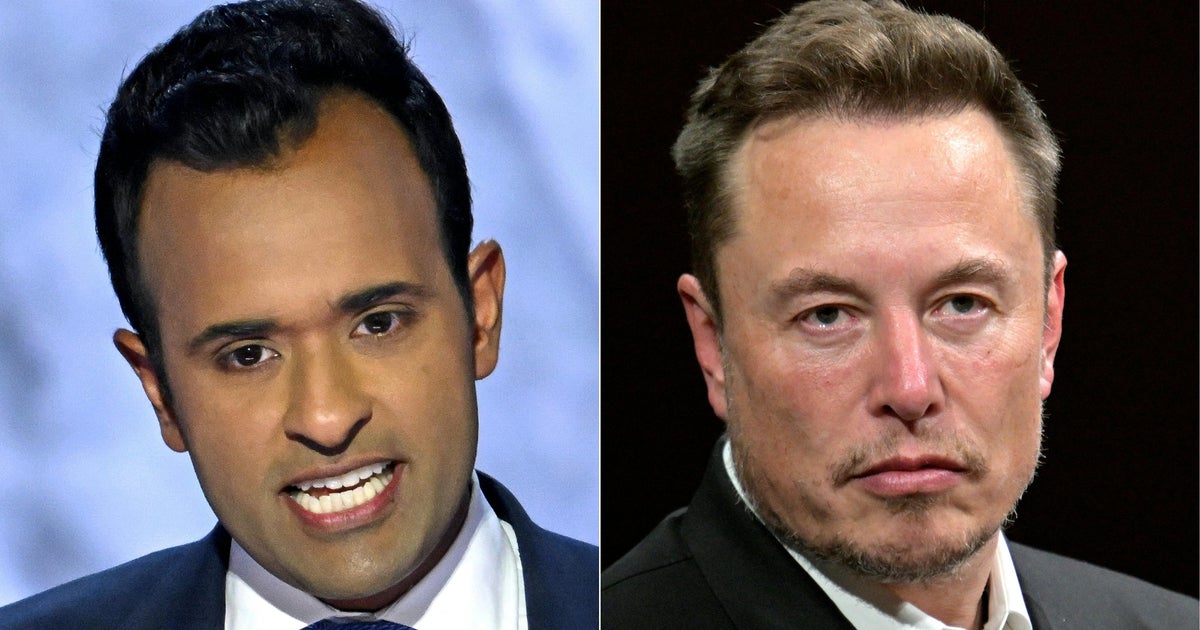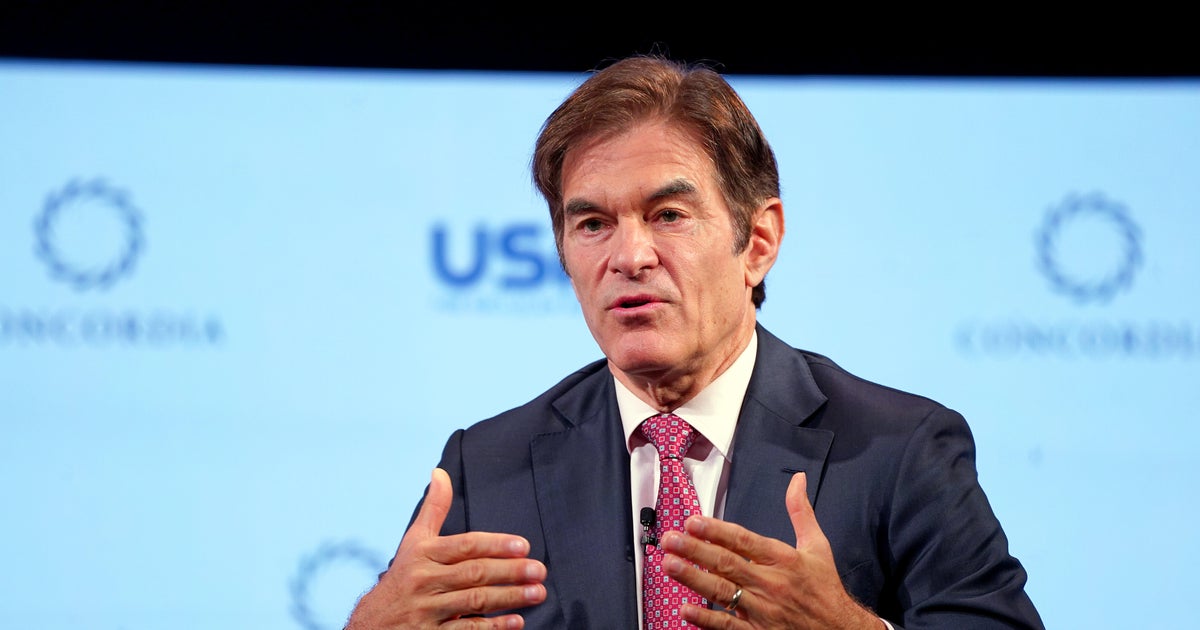Iran warns that small but growing U.S. naval coalition in Strait of Hormuz raises the "risk of combustion"
Strait of Hormuz -- The White House is keeping up its push for allies to join an international military coalition to protect commercial shipping in the vital waterway that connects the oil-rich Persian Gulf to the rest of the world. Iran warned on Tuesday that such a bolstered naval presence in the Strait of Hormuz would only increase the "risk of combustion" in the region.
Secretary of State Mike Pompeo has called on the international community to step up pressure on Iran until it stops what he calls "destabilizing behavior."
His counterpart, Iranian Foreign Minister Javad Zarif -- who was recently sanctioned by the U.S. government -- has used the same language to cast blame for the escalating tension in the region at Washington.
"Adding foreign naval fleets in this narrow & crowded tinderbox only increases risk of combustion," Zarif said. "If US wants maritime security, it should stop its destabilizing behavior."
Iran has repeatedly accused the Trump administration of economic "terrorism" for imposing harsh new unilateral sanctions on Tehran after pulling out of the international nuclear agreement with Iran last year.
After intense negotiations with Iranian authorities, CBS News was given rare access to Iranian-controlled waters in the Strait -- one of the most volatile transit routes for the world's oil supply.
About 14 tankers carry crude through the Strait every single day; a combined cargo value of $1.3 billion. It's a lot of money, and there's a lot of vested interest in ensuring the flow of tankers continues unimpeded.
But over the last few months we've seen increasing tension in the Strait. It started with the sabotage of a number of vessels. Then Iranian commandos seized a couple tankers and of course, there was the U.S. military drone shot out of the sky by Iranian forces.
All of those incidents added to the tension in the region, which led President Trump to call for a naval taskforce to patrol the Strait of Hormuz and prevent Iranian interference in the transport of commercial goods.
Last month the top U.S. military commander for the Middle East told CBS News he was working to set up an international flotilla of ships that would keep the vital maritime traffic in the Gulf safe from Iranian interference.
"It's really an international problem," U.S. Marine Corps General Frank McKenzie told CBS News' David Martin. "It's not a United States problem -- although certainly the nations that immediately abut the Strait of Hormuz have a special responsibility to ensure freedom of navigation, of commerce that flows through for the world."
A European initiative to organize a similar -- but more broadly characterized, without explicit reference to Iran -- naval presence failed to garner significant support, and only Great Britain quickly agreed to join the U.S. flotilla.
In the last couple days, Israel said it would also join the naval coalition. Iran's navy chief said the prospect of the Islamic Republic's longtime rival sending naval vessels to patrol the Strait could lead to "all-out war."
CBSNews.com's Tucker Reals in London contributed to this report.



